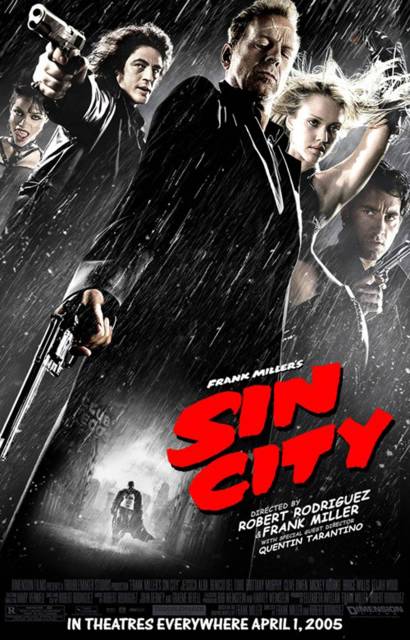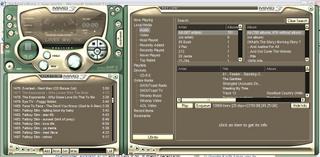Films are often considered social signposts for oncoming or present change, giving an insight to our hopes, fears and insecurities underlying them. While academic essays can give a perhaps more direct critique on the ideas associated with, say digitization, it is most often films and other forms of 'popular' culture that hold more sway over public opinon, and lets face it, public opinion matters. I'd like to pay tribute to a few of the great films that have influenced me.
1) Ghost in the Shell (Anime) 1995 dir. Mamoru Oshii
Ghost in the Shell is one of the land mark animes, which eventually spawned the Matrix, for whatever that's worth. It very bluntly lays out the existential question with reference to cyborgs, or robotically enhanced humans. The main protagonist Kusanagi is essentially all robot, though she says she was once human (we never know this for sure). She often questions her existence, wondering exactly what separates a human being from a robotic/digital entity, and if she is merely a 'ghost in the shell'.
2) Starship Troopers 1997 dir. Paul Verhoeven
An obvious play on fascism, ST utilises a graphical user interface, similar to a PC desktop, to provide news clips and narrative 'intel' to the viewer. The sequences are obviously imitating propaganda, providing a warning to the potential abuse of the internet, which was already being widely uptaken by this point.
3) 2001: A Space Odyssey 1969 dir. Stanley kubrick
This classic sci fi film uses a self aware, super smart AI named HAL to comment on man's use of technology, or rather, abuse of technology. The HAL's betrayal directly contrasts with the introductory ape sequence in which one monkey accidentally discovers that a bone can be used as a weapon. The idea is of course that we uptake a technology before we consider its uses.
4) Robocop 1987 dir. Paul Verhoeven
Yip, another one from that guy. Robocop, rather than , say the Terminator, provides a deep criticism of an increasingly automated society. This is perhaps most illustrated in the scene where the battle 'mech' walker turns on its creators, killing them all, as it could not yet distinguish friend from foe. Robocop's redeeming quality comes only from teh fact that ihe is part human, and his repressed memories and feelings play a pivotal role in providing 'real' justice.
Obviously there are many other great sci fi films, and even from other genres, which comment on this wave of digitisation and antipersonal contact;
Spielbergs AI, Godard's Alphaville, Terry Gilliam's Brazil and Appleseed (CGI) to name a few. We as media scholars should be paying particulaly close attention to films such as these, as they can tell us a lot more about the greater society of the time than an abstract introspection. Please do add to my list of films, noting also which questions they raise about the issues of technology in wider society. I'm always trying to broaden my horizons. But if you get the chance, do try and see these, particularly ghost in the shell.
mahalo - marc t
















